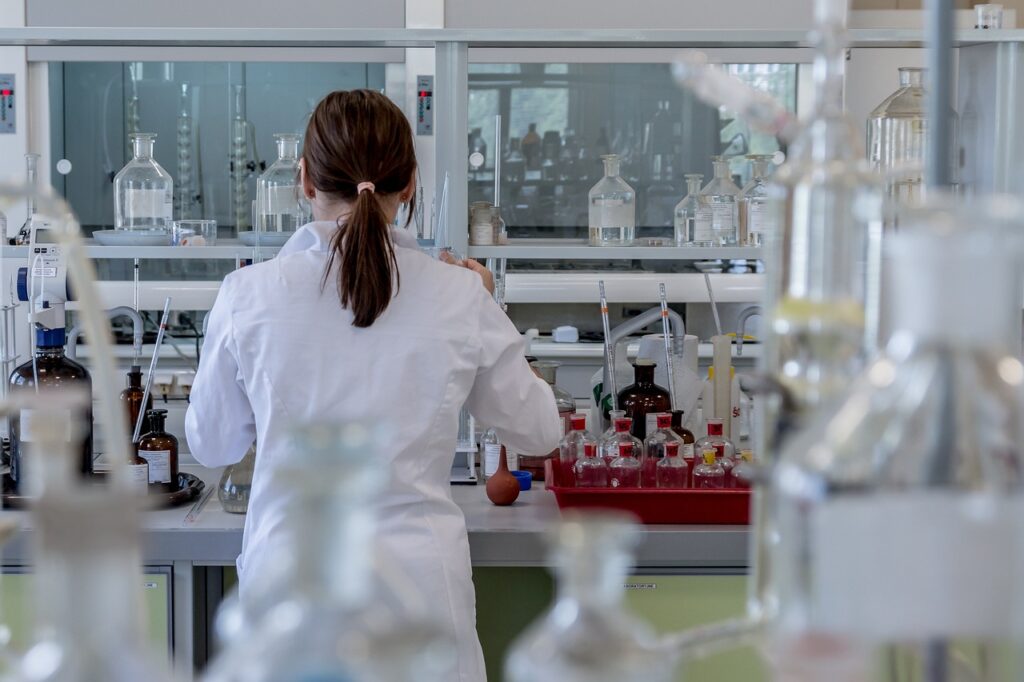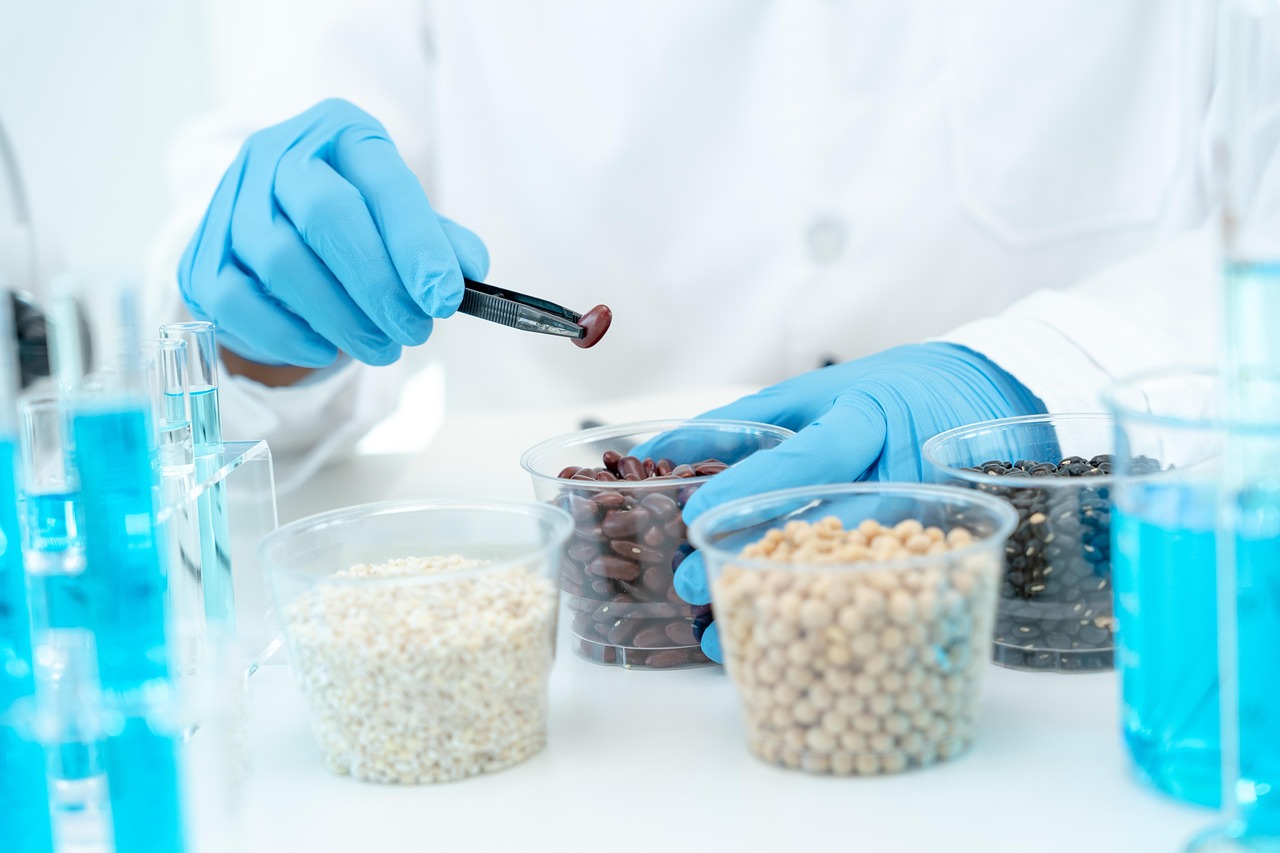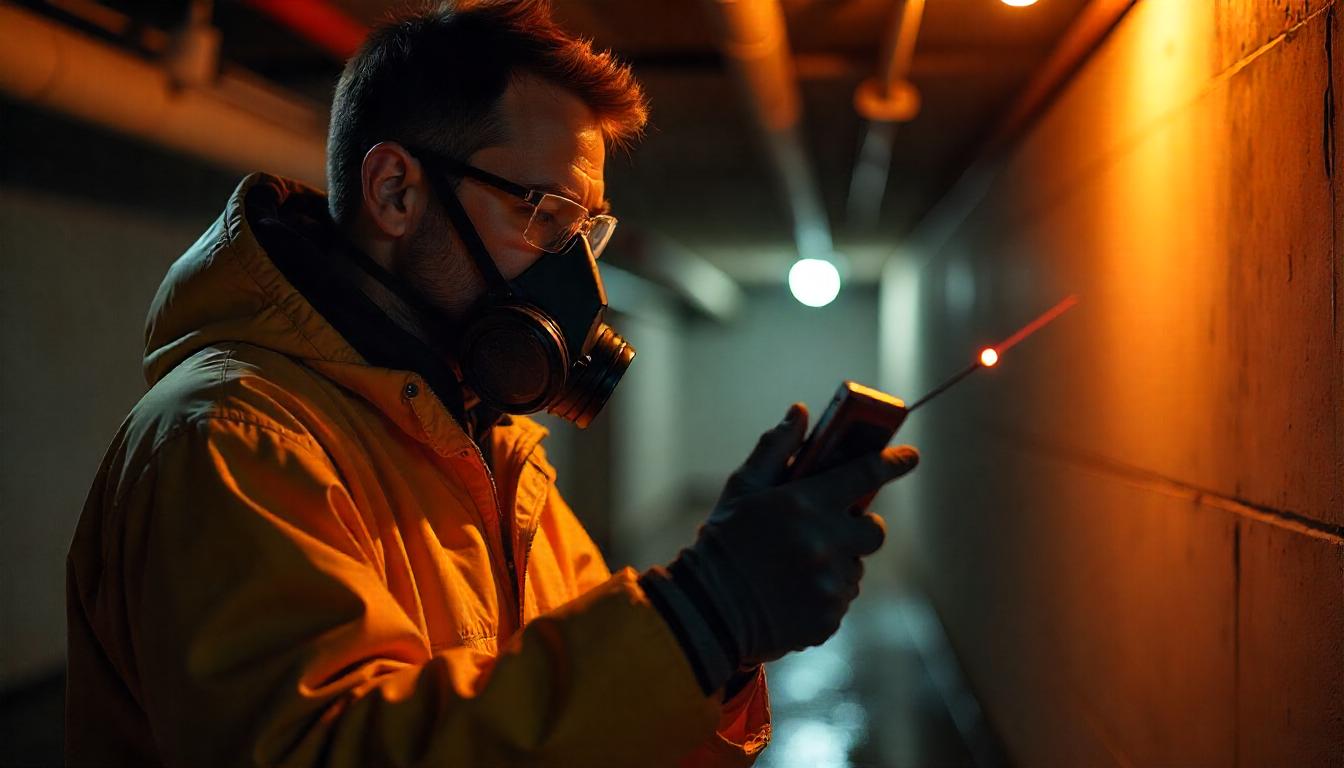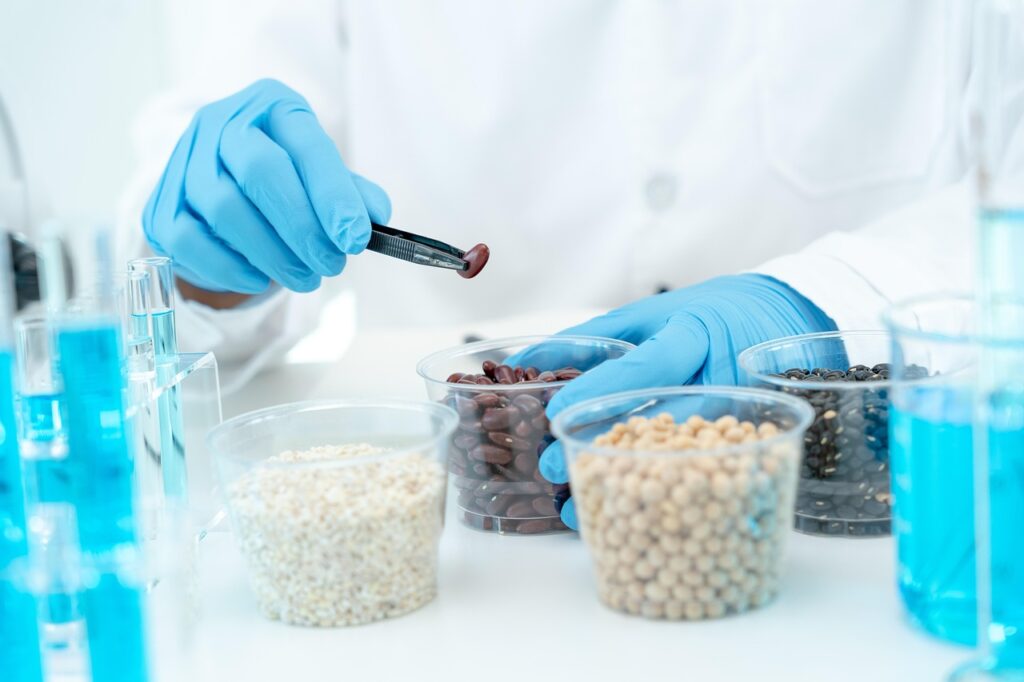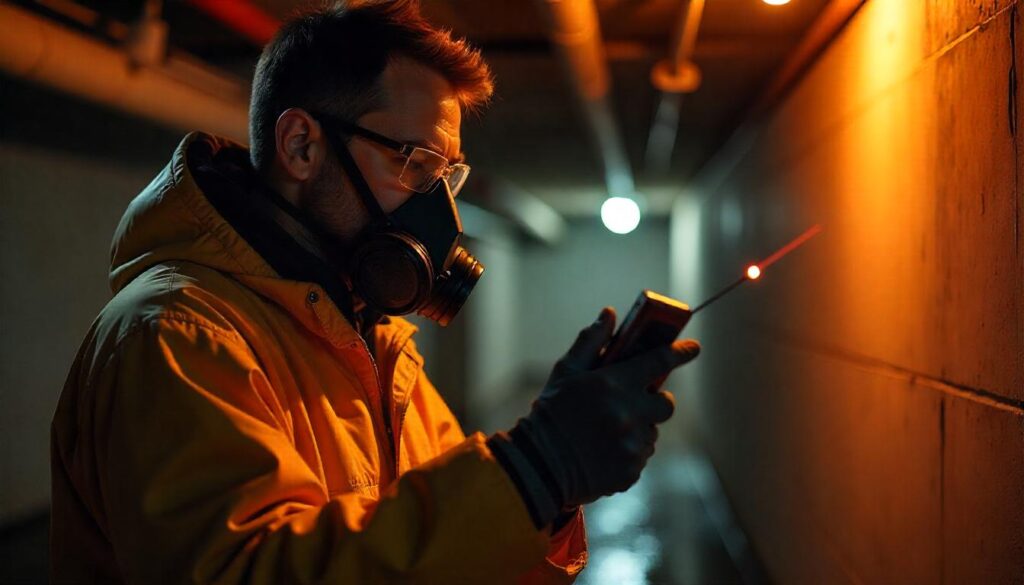Maintaining food safety and quality is both essential and difficult in a nation as big and varied as India. The importance of food testing laboratories in India has never been greater due to the growing demand for packaged foods, heightened knowledge of nutrition, and more stringent international export laws. These laboratories are the foundation of food safety standards, assisting in
the detection of contaminants, confirming nutritional statements, and guaranteeing adherence to international and national laws.
This blog explores why these laboratories are so crucial to India’s food ecosystem and how they protect consumers while enabling businesses to thrive.
Understanding the Food Safety Landscape in India
India ranks among the world’s top producers and consumers of food. The Indian food industry is complicated and expanding quickly, encompassing both mass-produced packaged goods and indigenous street delicacies. But this expansion also raises questions about food adulteration, hygiene, and quality. Government agencies like the Food Safety and Standards Authority of India (FSSAI) have responded by enforcing strict regulations on the food sector.
Notwithstanding these rules, enforcement is only successful when combined with appropriate testing procedures, which is where food testing laboratories come in. They can assess food’s chemical, microbiological, and nutritional makeup to make sure it satisfies safety regulations.
The Role of Food Testing Laboratories in India
In India, food testing laboratories are essential to maintaining the integrity of the food supply chain. From simple safety inspections to sophisticated testing for export compliance, their work is diverse.
1. Detection of Contaminants and Adulterants
Finding dangerous contaminants like pesticides, heavy metals, bacteria, and poisons is one of the most crucial tasks performed by food testing labs. In India, adulteration is a significant problem, as materials such as industrial dyes, soapstone, chalk powder, and artificial coloring are occasionally used illegally to improve look or boost volume. Testing facilities detect these dangerous compounds and assist law enforcement in taking remedial action.
2. Nutritional Label Verification
Today’s consumers pay close attention to what they eat. By confirming the amounts of protein, fat, carbs, vitamins, and minerals, food testing labs assist producers in supporting their nutritional statements. Packaged foods with labels that read “low fat,” “high protein,” or “sugar-free” should pay particular attention to this. In addition to helping brands adhere to legal requirements, accurate labeling increases consumer trust.
3. Microbiological Testing
Serious foodborne infections can be brought on by pathogenic germs like Salmonella, Listeria, and E. Coli. Microbiological analysis is done in food testing facilities to find these organisms before the product is sold. This is essential for preserving brand reputation, legal compliance, and public health.
Why Timely Food Testing Is Essential
When it comes to food safety, time is critical. Before being recalled, a tainted food batch can quickly travel across the supply chain, impacting thousands of people. Proactively avoiding such scenarios is ensured by prompt and regular testing.
International food safety regulations must also be followed by Indian exporters due to the global food trade. Indian food items are guaranteed to fulfill these international standards by labs recognized by the FSSAI and approved by the National Accreditation Board for Testing and Calibration Laboratories (NABL).
Boosting Consumer Confidence
More and more Indian customers are choosing foods with knowledge. They seek safety guarantees whether they are purchasing packaged snacks, organic vegetables, or baby food. For manufacturers, third-party testing conducted by reputable food laboratories serves as a seal of authenticity. It informs the customer that the product has undergone testing, evaluation, and certification as safe for ingestion.
The necessity for thorough testing has been brought to light by a number of food scandals in India in recent years, ranging from vegetables tainted with pesticides to foodstuffs that are prohibited for using preservatives. Customers’ increased prudence as a result of these instances has increased demand for food manufacturing transparency. Testing labs provide objective, scientific evidence that helps close that gap.
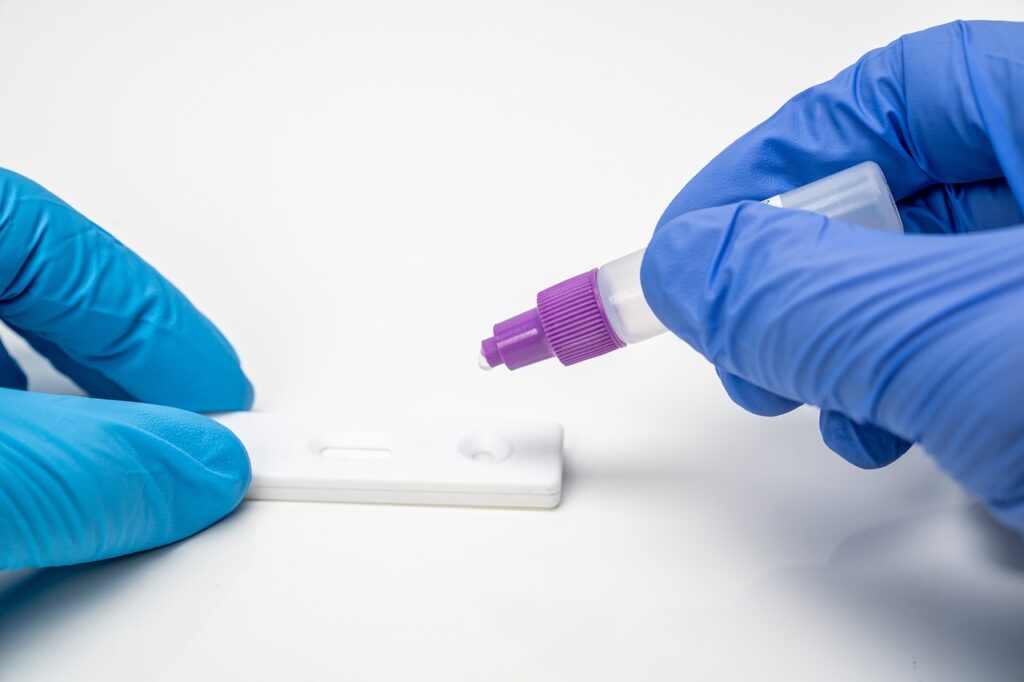
Empowering Food Manufacturers and Startups
The number of new players in India’s food industry is increasing, ranging from gourmet product makers to organic food companies. Working with food testing labs guarantees that these companies’ products meet safety and quality standards right away. Additionally, it assists companies in obtaining the certificates needed for export and market launch.
Additionally, a lot of food testing labs provide consulting services to help companies enhance product packaging, shelf life, and composition. For small and medium-sized businesses, this value-added assistance might be revolutionary.
Ensuring Export Quality Compliance
India exports a variety of food goods, such as rice, fish, dairy products, spices, and prepared foods. Every importing nation has strict laws pertaining to food safety. Rejected shipments, monetary losses, and reputational harm are all possible outcomes of noncompliance.
Internationally approved food testing laboratories in India assist exporters in meeting the requirements set by organizations like Codex Alimentarius, the European Food Safety Authority (EFSA), and the U.S. Food and Drug Administration. These labs do tests for heavy metals, allergies, pesticide residues, and microbial contamination, guaranteeing that Indian food products are safe and competitive on a worldwide scale.
Challenges Faced by Food Testing Labs
Despite their importance, food testing laboratories face several challenges:
- Lack of awareness among small-scale producers about the importance of testing
- High costs of sophisticated testing equipment and reagents
- Limited infrastructure in rural and semi-urban areas
- Delays in sample transportation and results in some regions
However, the Indian government is actively working to address these challenges through schemes that promote food safety training and infrastructure upgrades. Private investment in food testing labs is also rising, which is helping to bridge the gap.
Future of Food Testing Laboratories in India
As India’s food industry continues to grow, so will the demand for high-quality testing services. Emerging technologies such as AI-based testing, blockchain for supply chain transparency, and rapid diagnostic kits will transform how food safety is monitored.
Mobile testing labs, real-time tracking of food samples, and integration of digital records will make food testing more accessible and efficient. In the future, there will also be stronger collaboration between labs, manufacturers, and regulators to create a safer food ecosystem.
Conclusion
In summary, Food Testing Laboratories in India are an indispensable part of the country’s food safety framework. They protect consumers, empower businesses, and ensure that food products meet both domestic and international standards. With growing concerns about food adulteration, contamination, and misleading claims, these labs are more important now than ever before.
As consumers become more conscious and regulations become stricter, the demand for reliable and certified food testing will only increase. Investing in food safety today means investing in a healthier, more trustworthy food system for tomorrow.

